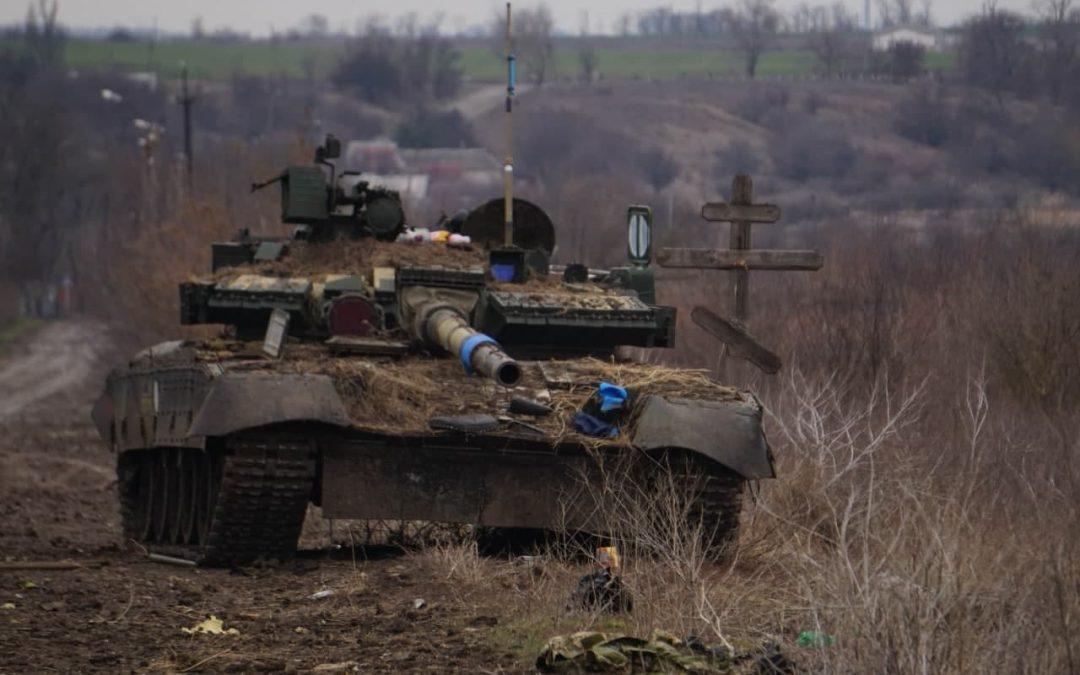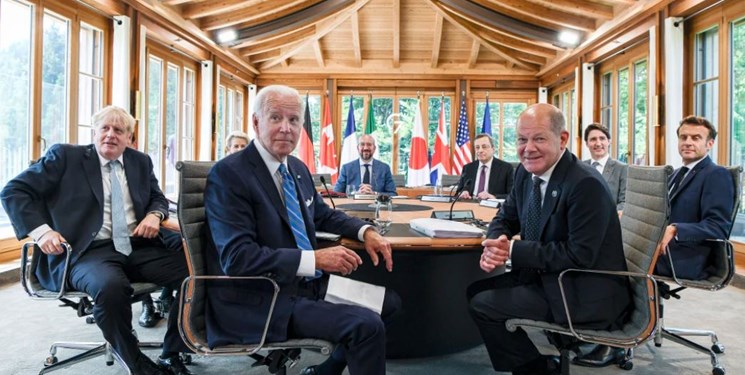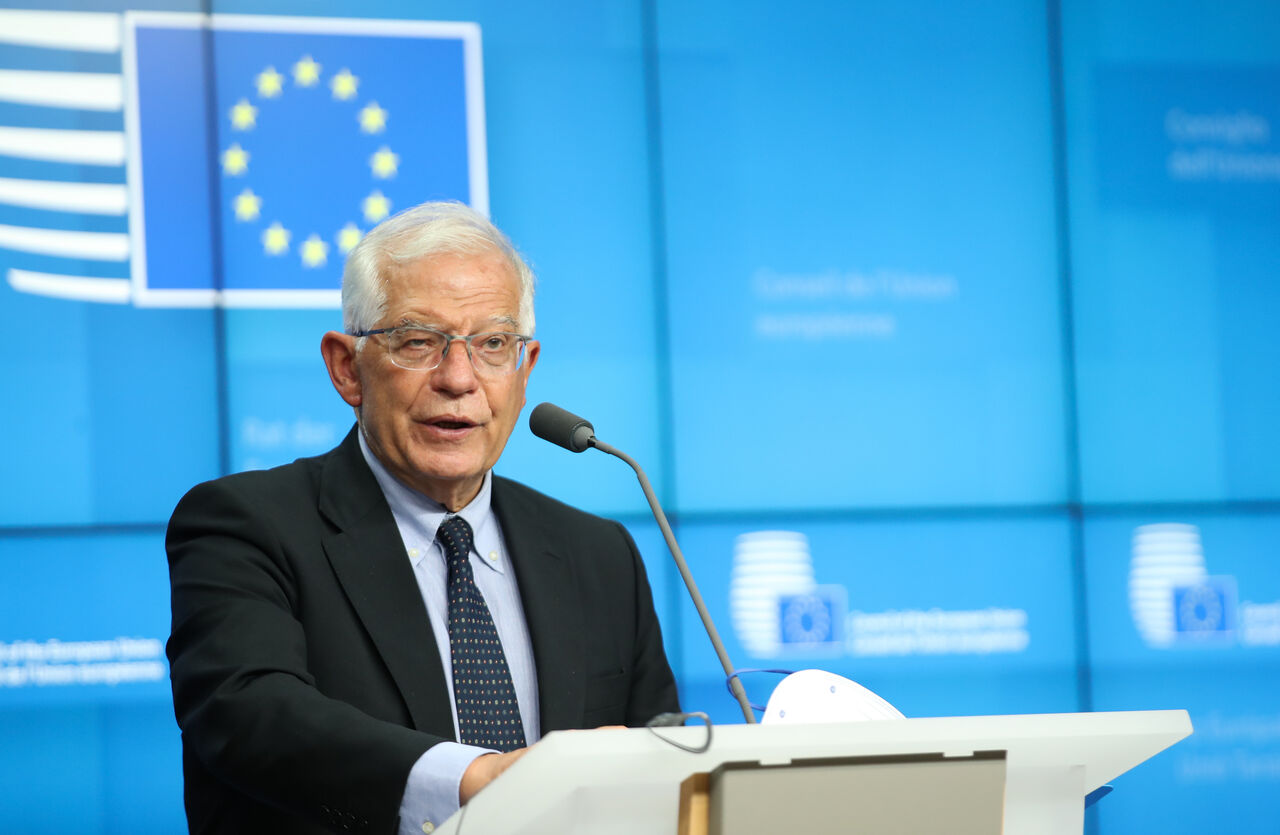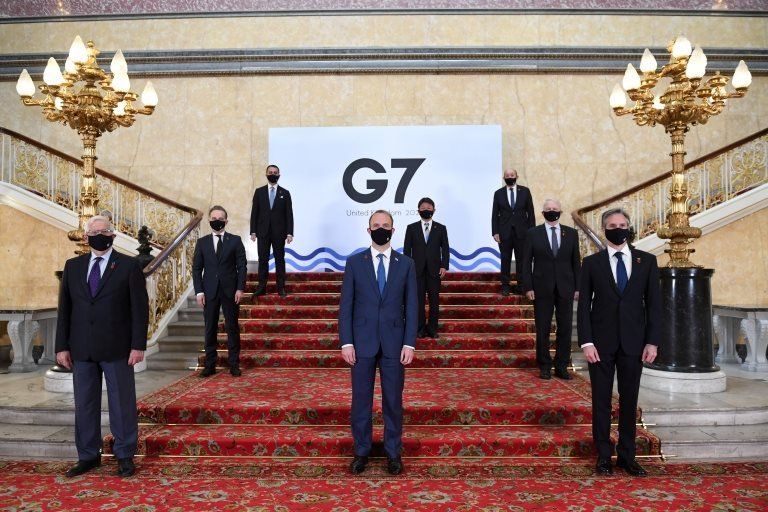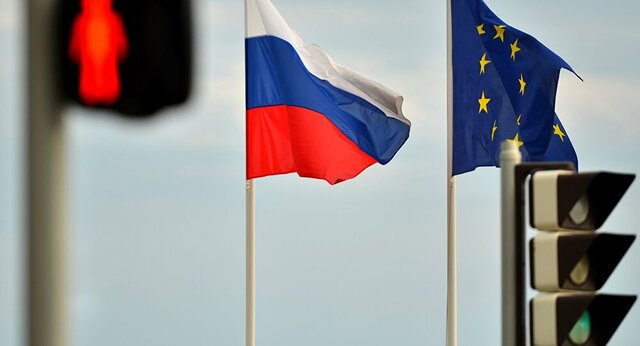Opportunities & Challenges of NATO on Its 75th Birthday
Strategic Council Online—Opinion: An expert on international affairs said: Although NATO, on its 75th birthday, has become more cohesive than three decades ago due to Russia’s attack on Ukraine, this does not mean it will not face challenges in its future prospects.









